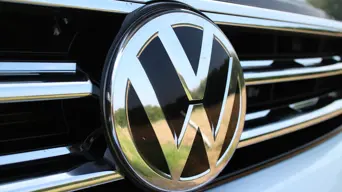How to buy a new car even if you don’t really have enough money for it
South Africans are increasingly buying cars they can’t afford using balloon payments, says consumer journalist Wendy Knowler.

"A balloon payment is a mechanism to try and make a car that is outside of your reach fit into your monthly budget. We recommend that clients actually not opt for balloon payments and rather buy more affordable cars."
- WesBank (vehicle finance market leader)
The economy is toast, and car prices are skyrocketing.
Increasingly, instead of going without, consumers are opting for balloon car payment deals and buying cars they can’t afford.
A balloon car payment deal cuts the monthly repayments of the car by, for example, 30%.
The rest is divided by, say, 72 months, leaving you with a lump sum to pay at the end of it.
You get to drive off with a brand-new, wealth-destroying machine par excellence.
It’s all fun and games until, after six years of paying it off, you still have to find the money for the 30% that is outstanding.
Many people must then finance what they still owe if they can.
It's a downward spiral.
In an interview from our archives, consumer journalist Wendy Knowler explains balloon payments in detail (scroll down to listen).
"If you have to buy a car with a balloon payment you, basically, can’t afford it… Overall, 31% of Wesbank’s loan book is financed with a balloon deal… Maybe you don’t qualify for finance seven years down the line… [If you do obtain finance] you’re financing an already financed amount…"
- Wendy Knowler, Consumer journalist
"Some people don’t realise that the bogeyman is waiting for them… I’ve taken up many cases where there was clear non-disclosure… it’s not highlighted enough on the contract… quite small print… In many ways, contracts are designed with the nastiest bits presented in an obscure way… Banking on people not reading the small print… blind trust… the stuff in there is legal…"
- Wendy Knowler, Consumer journalist
"There’s a focus only on what that monthly payment is… There’s a lot of exploitation of naivety… It’s an expensive vanity purchase…"
- Wendy Knowler, Consumer journalist